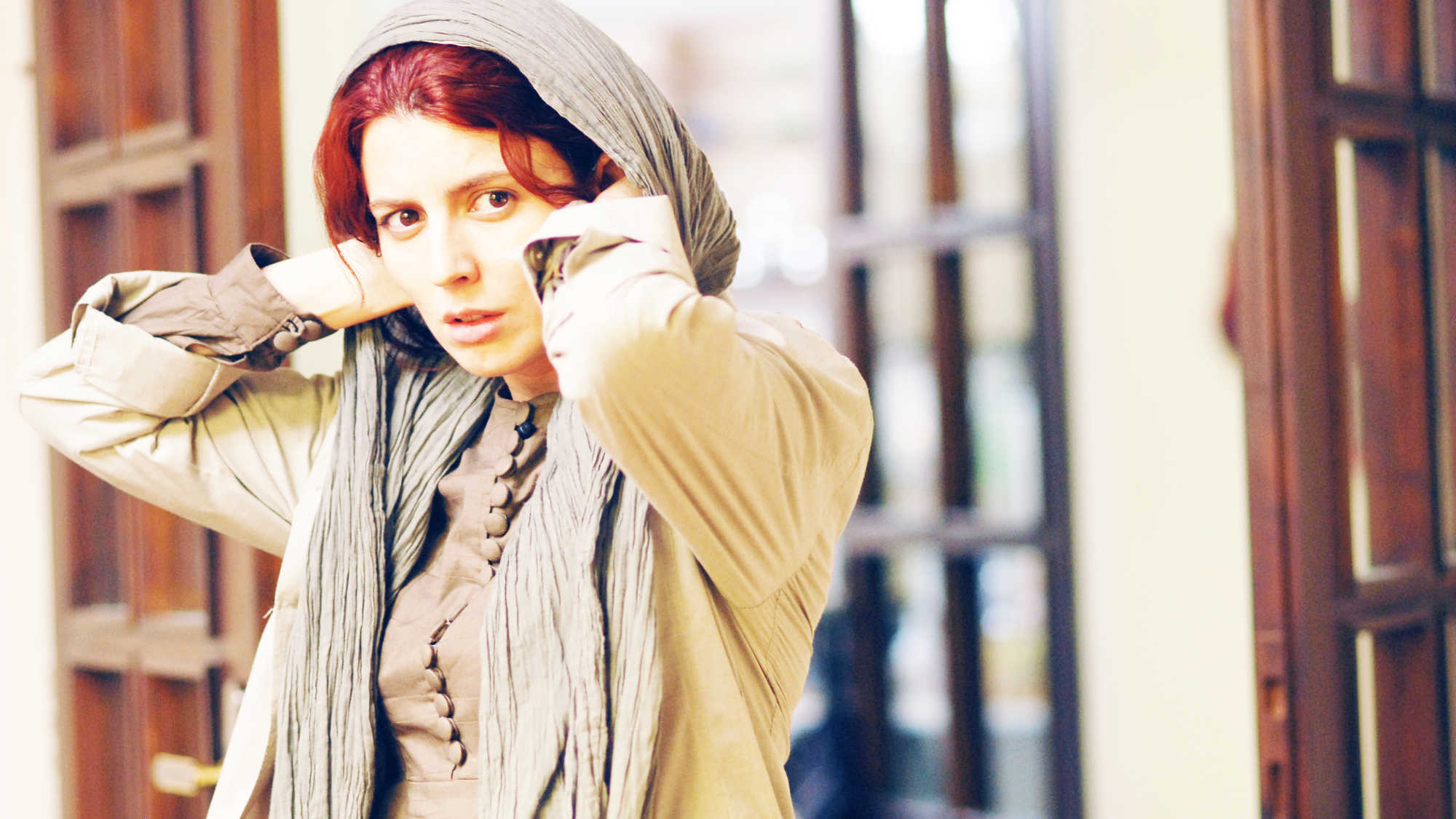A secular middle-class family is accused of a crime by an impoverished religious one in this gripping thriller that also provides an exceptionally revealing picture of life in Iran. “Alarming and compelling.” — The Observer

Alarming and compelling... This stunning drama establishes Farhadi as a major figure.
Screened as part of NZIFF 2011
A Separation 2011
Jodaeiye Nader az Simin
Compelling proof, when we least expected it, that it is still possible for Iranian filmmakers to make films dramatising conflicts that resonate both within and outside the Islamic Republic, A Separation was the hands-down winner at this year’s Berlin Festival. Ironically, the jury awarding the film the top prize (and retooling the principal acting awards to become prizes for the acting ensemble) was supposed to be headed by the political prisoner, Iranian director Jafar Panahi. — BG
“Showing a control of investigative pacing that recalls classic Hitchcock and a feel for ethical nuance that is all his own, Farhadi has hit upon a story that is not only about men and women, children and parents, justice and religion in today’s Iran, but that raises complex and globally relevant questions of responsibility, of the subjectivity and contingency of ‘telling the truth’, and of how thin the line can be between inflexibility and pride – especially of the male variety – and selfishness and tyranny...
As the film builds to its dramatic climax, we wonder how the director can possibly find an ending that does justice to this compelling story’s narrative and thematic complexities. The round of applause that followed the film’s Berlinale screening was a tribute, at least in part, to the sensitivity – and perhaps, the inevitability – of the perfect solution he comes up with.” — Lee Marshall, Screendaily